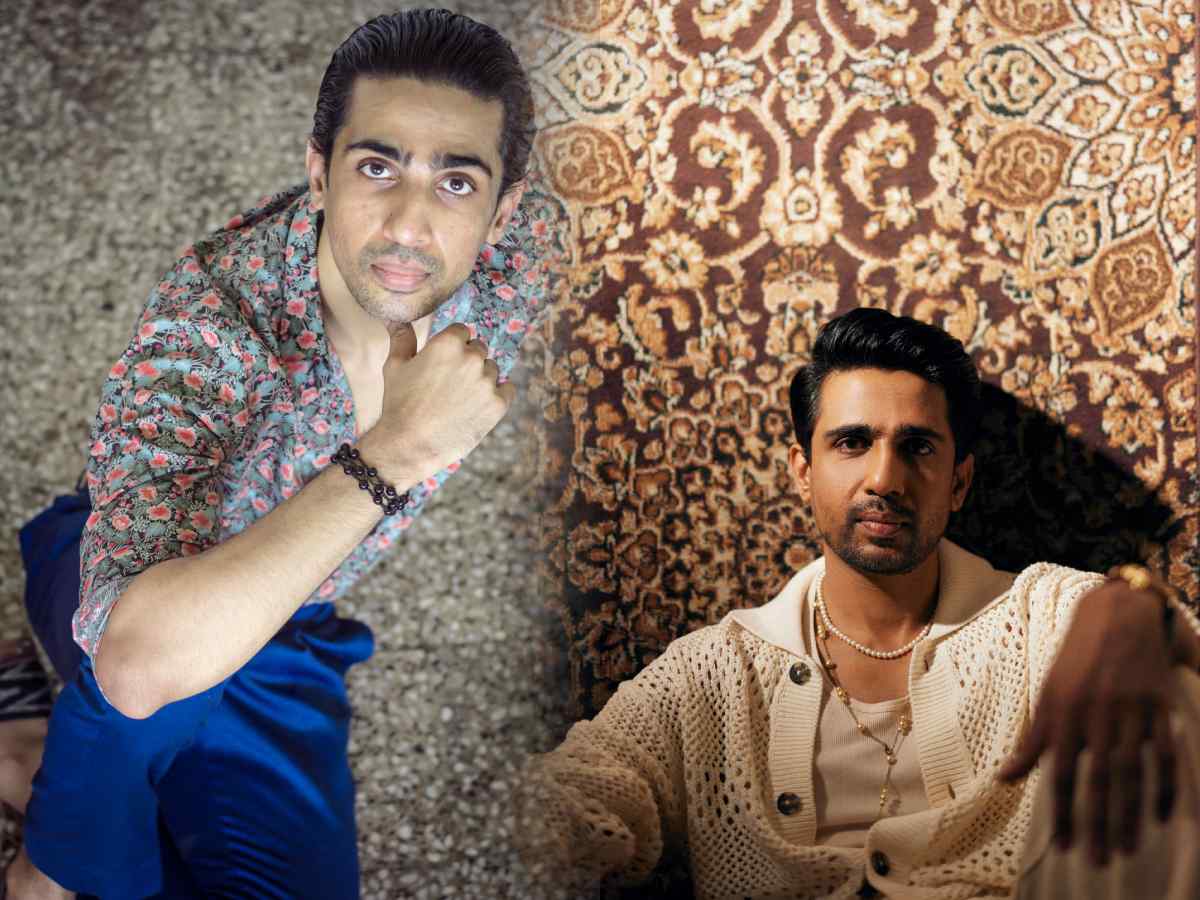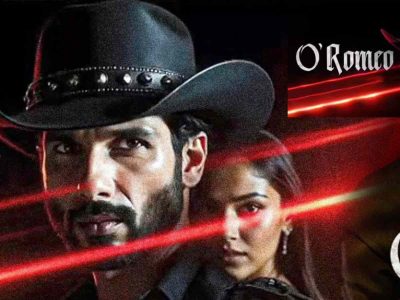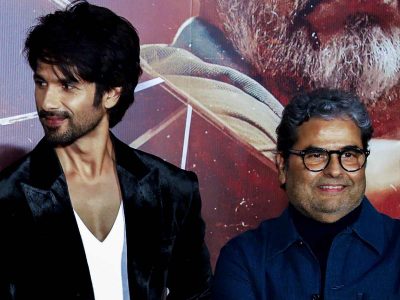Rajkumar Rao: Gulshan Devaiah is cementing his place as a star in Indian cinema with standout performances in critically acclaimed films like Shaitan, Hunterrr, Guns & Gulaabs and Dahaad. Renowned for his meticulous attention to detail and dedication to authenticity, Devaiah has earned both critical acclaim and a devoted following.
Devaiah’s thoughtful approach to his craft, often choosing unconventional characters that challenge traditional narratives, sets him apart. His journey from theatre to mainstream cinema underscores his bold artistic choices and commitment to pushing cinematic boundaries.
The 46-year-old took time off from his busy schedule to speak to Patriot. Excerpts from the interview:
Also read: Delhi: Film club preserving documentaries reaches milestone
It’s remarkable how diverse your roles have been. How often do you look back at your past work, and how does that influence your choices for future projects?
I don’t look back too much. Occasionally, I’ll glance back briefly, but I’ve always had a strategy to be as versatile as possible. This means sometimes not picking certain projects or focussing on things that truly interest me. Opportunities are crucial for people like me, and sometimes it’s a waiting game. Diversity can’t be created overnight; it takes years of effort, and a lot of motivation. There were times when I doubted my choices, but having conviction in what I do is essential. Many well-meaning people offer advice, but I need to stay true to my convictions. This is visible in all my work, which is why my career has been the way it is. I don’t dwell on the past; I prefer to look forward.
How does a film’s geographical setting impact an actor’s performance, and what was your experience filming Ulajh in London?
The character’s background often influences the portrayal. A lot relies on imagination. Filming for Ulajh in London was interesting; I’ve visited the city only once before and don’t know the city well. Therefore, my focus remained on the script and character. London is fascinating with its museums, restaurants, and vibrant culture. During the filming, the gay parade took place. It was a colourful and lively experience. London is cosmopolitan with a robust transportation system, making it easy to explore.
A strong cast is crucial for a film’s success. What was the first day on the set of Ulajh like, and how important is it for you to bond with your co-actors?
Bonding with co-actors isn’t essential for me. It’s a job. Sometimes we bond, sometimes we don’t. For instance, I worked on three projects with Rajkumar Rao. We were cordial and friendly but didn’t hang out much. People thought we had great chemistry on screen, yet we hardly spoke off set. It’s about professionalism. I want to be seen as a professional first and foremost.
Initially, I felt a bit stressed since it was a new city. However, by the third day, everyone had settled in. I spent the first few days on set with Jahnvi, and later we got to hang out with the cast. Most of my time there was spent chatting with the writer and the entire crew.
I won’t reveal anything about my character, but I will say this: I cook up dishes! Haha.
Also read: Hema Malini once called my acting bogus but said I looked like Dharmendra: Naseer Abdullah
What was it like being directed by Sudhanshu Saria?
He is very detail-oriented. He spent a lot of time discussing the script, the characters, and all the nuances. Initially, I wasn’t familiar with his work, so it took some time for everything to fall into place. I enjoyed hanging out and talking with him, though there was some friction at times. However, this friction was beneficial as it pushed me in ways I hadn’t anticipated.
I don’t mean to suggest he was difficult. He once asked, ‘Have you seen what I’m trying to do?’ It was about ideas. Sometimes, I had one idea, and he had another. I’d try to justify my perspective, saying, ‘My character should be this way or that way’, and he’d respond differently. It led to healthy arguments about how to approach a scene or what my character should do. Often, I’d present an idea and discover that his suggestion was also interesting, pushing me in new directions. I think it was the same for him.
With creative people, such dynamics are bound to happen. We have to consider the little things that can make a big difference. In hindsight, I have no complaints. Overall, it was a good experience.
Anurag Kashyap called making authentic children’s films, like his Little Thomas, a challenging task. How did you navigate working with children on set?
Working with six to 7-year-olds is challenging because they don’t understand professionalism. With older actors, even if they’re unprofessional, you can reason with them about being on time and respecting boundaries. But children don’t know any of that, and require incredible patience.
Despite their talent and endearing nature, it can be tough. Hridansh, the child actor, who was perfect for the role of Thomas, was angelic and we got along well. However, children aren’t grown ups. They need time and space to express themselves. Kaushal Oza, the writer and director of Little Thomas, is the reason I became a part of this film.
His vision is so beautiful, innocent, and cute. It brought out the five year-old in me, and I could truly relate to it. When I was given the script, I loved it immediately. As an only child, I often lived in my own head, and this story reminded me of my unique childhood.





